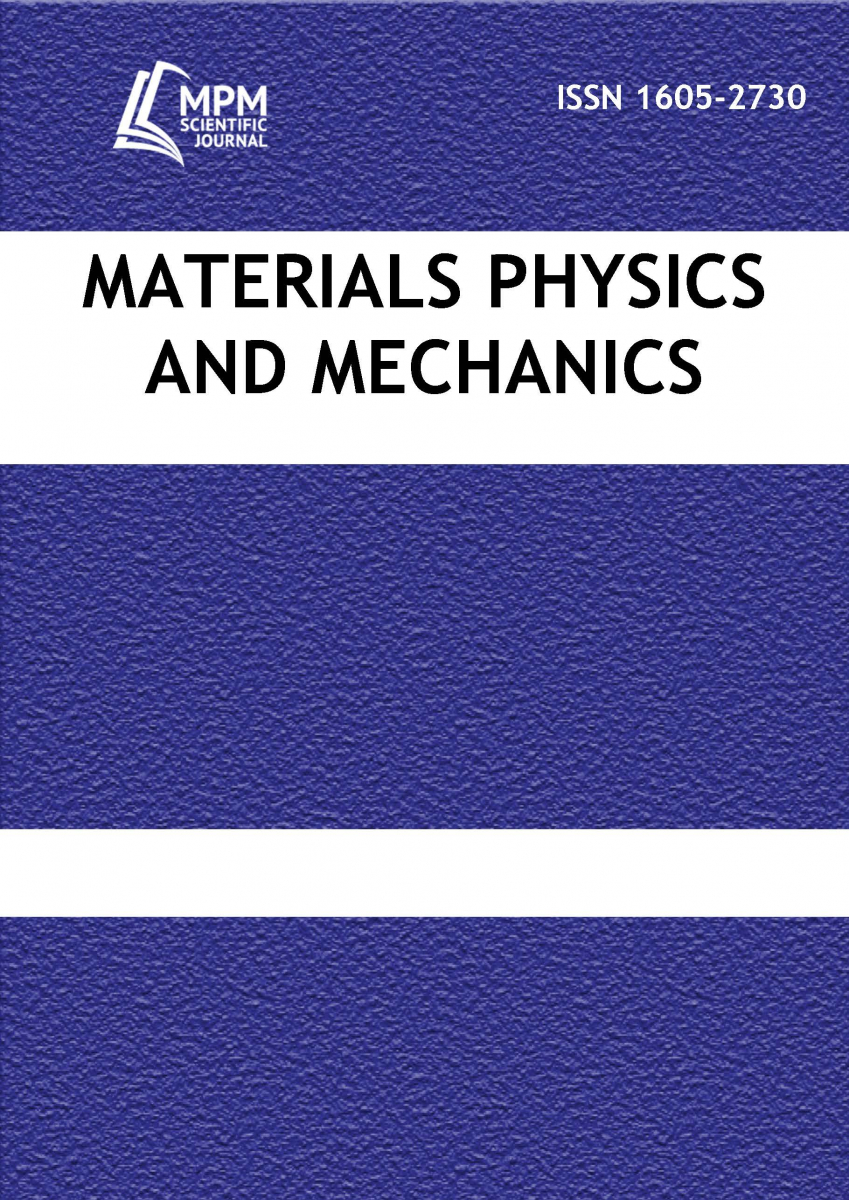Influence of various friction stir processing (FSP) schemes on the microstructure and properties of AD31 aluminium alloy busbar
This paper examines the influence of various schemes for implementing friction stir processing (FSP) on the microstructure and properties of a conductive busbar made of AD31T (AA6063) aluminum alloy. In particular, the implementation of five different FSP schemes on the formation of structure and volumetric defects in the volume of the stir zone was studied. It has been shown that performing FSP at a tool rotation speed of 1120 rpm and a linear tool movement velocity of 200 mm/min ensures the absence of macroscopic defects in the volume of the stir zone. The implementation of certain FSP schemes made it possible to achieve the formation of an ultrafine-grained structure both in the near-surface layer and in the bulk of the material under study. This type of processing can be recommended as a way to increase the strength of aluminum materials without significant loss of their electrical conductivity.


